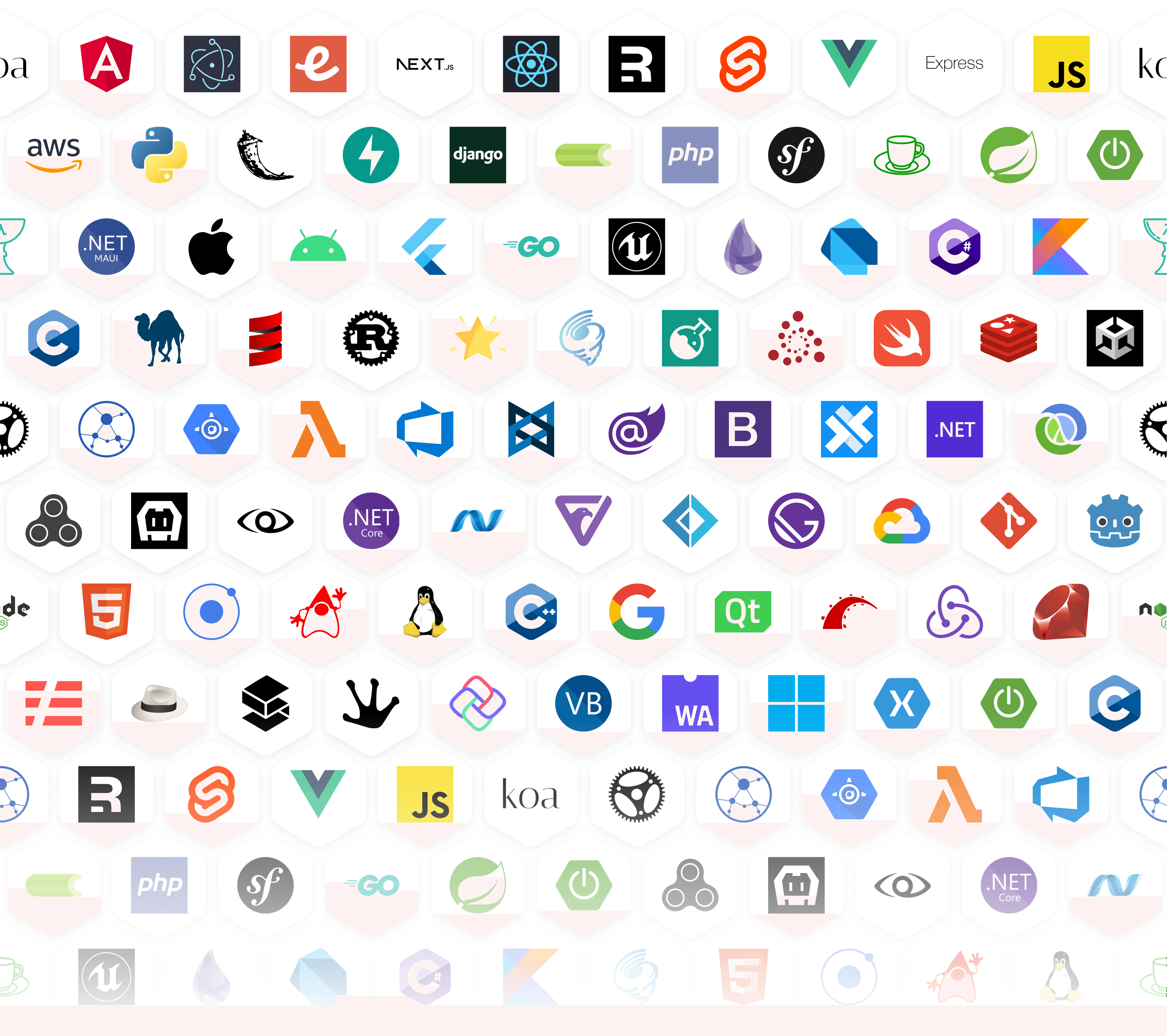Trace the complete path of a request—from the initial user interaction across systems and services—to quickly debug errors and performance issues down to the exact function or API call causing the problem.
Full-stack issues, solved.
A single bad query can bring your app to a crawl and send your DB bill into the stratosphere—but finding it in a sea of `EXPLAIN` commands is tough. Jump straight to the query causing delays with Tracing and Insights.
Your app usually loads fine, but some actions lag—and you’re not sure why.
See which API calls are slow, whether it's an overloaded endpoint or a sluggish third-party service with Trace Explorer.
When spikes happen, pinpoint the exact transaction, user, environment, or repo to fix it fast.
A user taps “Place Order,” but instead of an instant confirmation, they’re stuck waiting.
The problem? A checkout process that fires multiple requests, but one API call is dragging.
Break down the entire flow, see exactly which request is slowing things down, and fix it before it costs you conversions with trace explorer
A missing module or failed request can break your app, leaving you chasing vague LoadFailed errors with no clear cause.
Instead of digging through network logs, use Sentry’s Tracing to pinpoint the issue.
Whether it’s a 404 on a missing file, a CORS rejection, or Webpack failing to resolve a module, see exactly what led to the failure and fix it fast.
Diagnose. Debug. Fix.
Find bottlenecks fast
Use trace waterfall views, performance insights & issues to pinpoint slow services, endpoints, and database calls at a glance.
Debug tough issues
See errors, network calls, tags and more in one powerful view to understand what broke, what slowed down, and why.
Monitor anything
Turn spans into metrics that matter, beyond just RED metrics & Core Web Vitals. Monitor, dashboard, and alert on any custom attribute.
Root cause, minus the meetings
No more hunting across teams or repos. Traces show how issues propagate, reveal who owns the problem and highlight where it lives in the code.
Fix regressions before users notice
Catch slowdowns as they happen with real-time trace data and performance alerts. No waiting on support tickets or social media complaints.







Getting started with Sentry is simple
We support every technology (except the ones we don't).
Get started with just a few lines of code.
import * as Sentry from '@sentry/nextjs'; Sentry.init({ dsn: 'https://examplePublicKey@o0.ingest.sentry.io/0', // We recommend adjusting this value in production, or using `tracesSampler` // for finer control tracesSampleRate: 1.0, });
That's it. Check out our documentation to ensure you have the latest instructions.
FAQs
Tracing provides a connected view of related errors and transactions by capturing interactions among your software systems. With Tracing, Sentry tracks your software performance and displays the impact of errors across multiple systems.
Tracing is available for all languages and platforms that Sentry supports. See the full list here.
To enable Tracing capabilities you need to purchase spans. See docs for pricing details.
To use Tracing, you will first need a Sentry account. If you don’t have a Sentry account, you can create one here. Then, follow the instructions in our docs to use Tracing.
Yes, you can configure your OpenTelemetry SDK to send traces and spans to Sentry. Learn more.
Of course we have more content
Get monthly product updates from Sentry
Sign up for our newsletter.
Sign up for our newsletter.
And yes, it really is monthly. Ok, maybe the occasional twice a month, but for sure not like one of those daily ones that you just tune out after a while.
Fix It
Get started with the only application monitoring platform that empowers developers to fix application problems without compromising on velocity.





